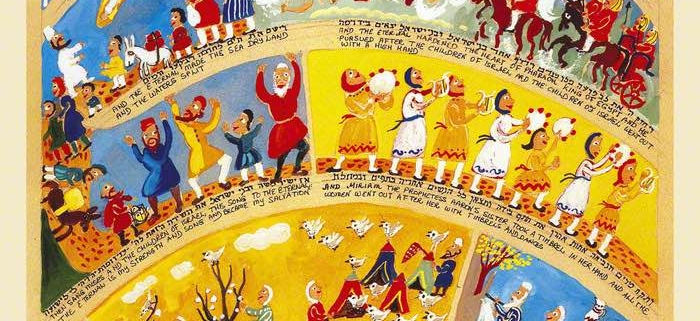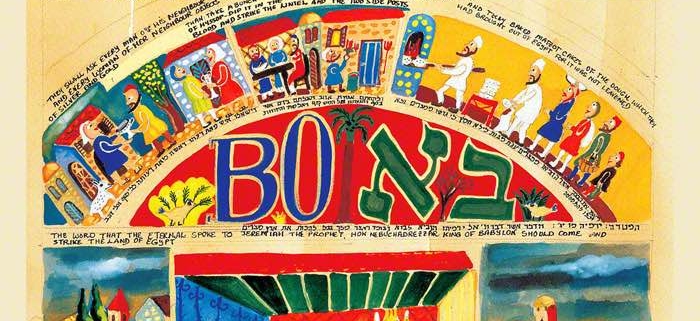Parshat Tetzaveh is all about the power of presence and responsibility. It focuses on the role of the Kohanim (priests), especially the High Priest, who wears special garments to represent the people of Israel before God. Every detail…READ MORE.
Parashat Terumah details the construction of the Mishkan, with its lessons extending far beyond architecture, offering a blueprint for modern spiritual and ethical living….READ MORE.
Parashat Mishpatim follows the dramatic revelation at Mount Sinai and shifts from divine pronouncements to detailed civil and ethical laws. It covers a vast range of topics, servitude, damages, property rights….READ MORE.
Parshat Beshalach is a story of a nation stepping into the unknown, learning to trust in divine guidance, and confronting both physical and spiritual challenges. One of its enduring lessons is the struggle between immediate needs and deeper faith….READ MORE.
Parashat Bo takes us into the crescendo of the Exodus story, where the final three plagues unfold, culminating in the Israelites’ liberation from Egypt. It is a moment of transition, from bondage to freedom, representing the human from despair to hope. What makes this parasha so resonant in modern life is its focus on agency and remembrance…..READ MORE.
Parshat Va’era introduces us to the promise given to Moses, to deliver the Israelites from bondage, as well as showcases the first seven plagues: blood, frogs, lice, wild beasts, pestilence, boils, and hail. Despite Moses’ ….READ MORE.
In this week’s parsha, Moses’ journey begins with hesitation and doubt, yet he steps forward….READ MORE.
In parshat Miketz, we recount Joseph’s ascent from the depths of imprisonment to the pinnacle of power in Egypt, as he interprets Pharaoh’s dreams of seven years of abundance followed by ….READ MORE.
In parshat Miketz, we recount Joseph’s ascent from the depths of imprisonment to the pinnacle of power in Egypt, as he interprets Pharaoh’s dreams of seven years of abundance followed by ….READ MORE.
Vayishlach tells the story of the meeting between Jacob and Esau, after an estrangement that lasted twenty-two years…READ MORE.
Store Opening Hours:
opening hours:
10 – 19
Closed on Saturday and other Jewish Holidays
The Studio in Venice by Michal Meron
Cannaregio 1152 – Ghetto Vecchio
30121 Venezia Ve Italy
Ph.: +39 041716689

 ©2025 The Studio in Venice by Michal Meron
©2025 The Studio in Venice by Michal Meron ©2025 The Studio in Venice by Michal Meron
©2025 The Studio in Venice by Michal Meron ©2025 The Studio in Venice by Michal Meron
©2025 The Studio in Venice by Michal Meron ©2025 The Studio in Venice by Michal Meron
©2025 The Studio in Venice by Michal Meron ©2025 The Studio in Venice by Michal Meron
©2025 The Studio in Venice by Michal Meron ©2025 The Studio in Venice by Michal Meron
©2025 The Studio in Venice by Michal Meron ©2024 The Studio in Venice by Michal Meron
©2024 The Studio in Venice by Michal Meron